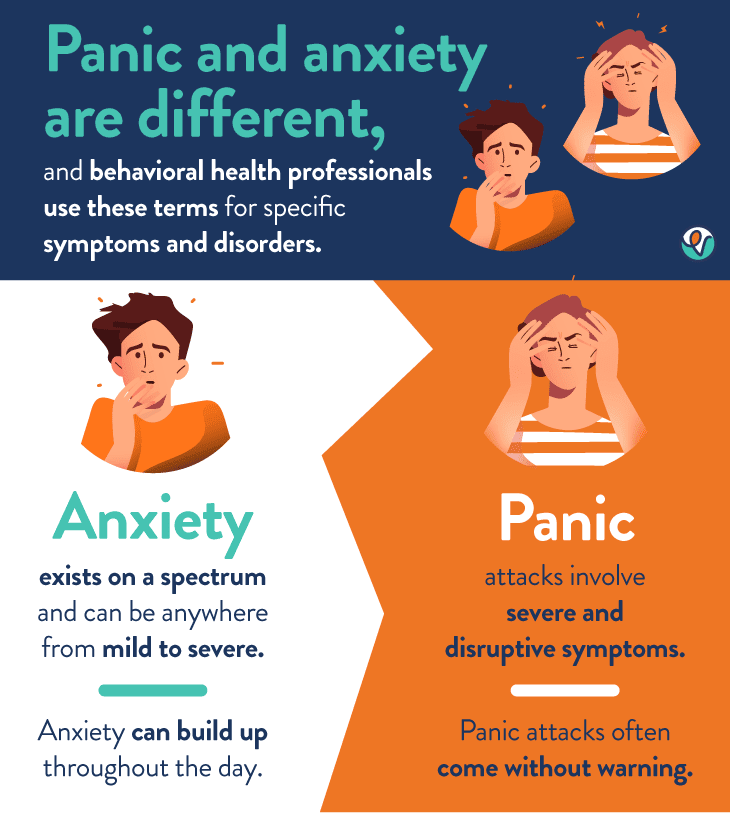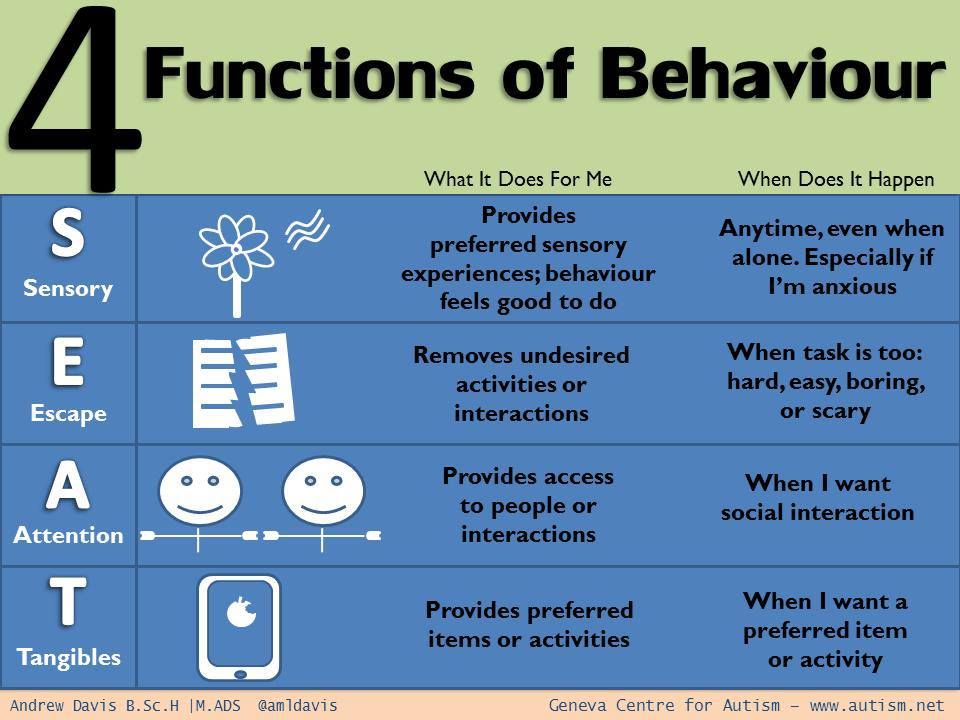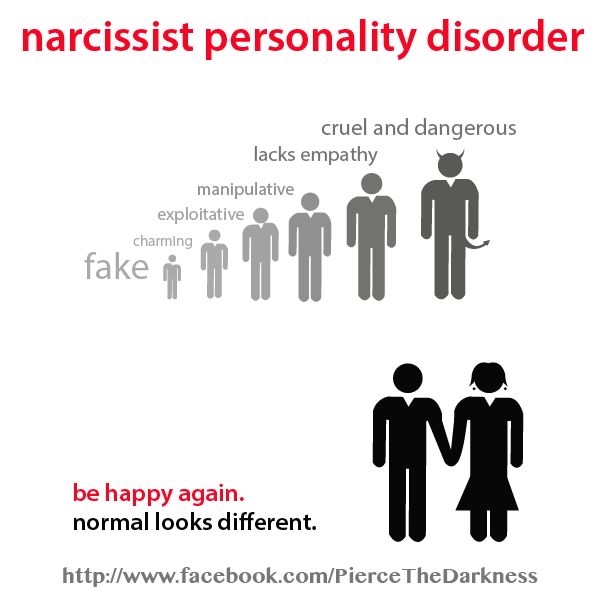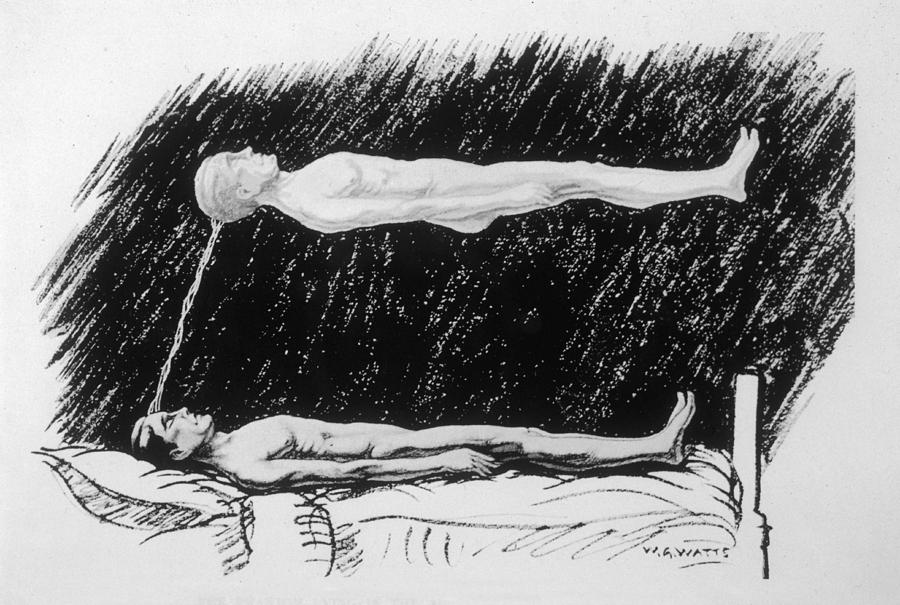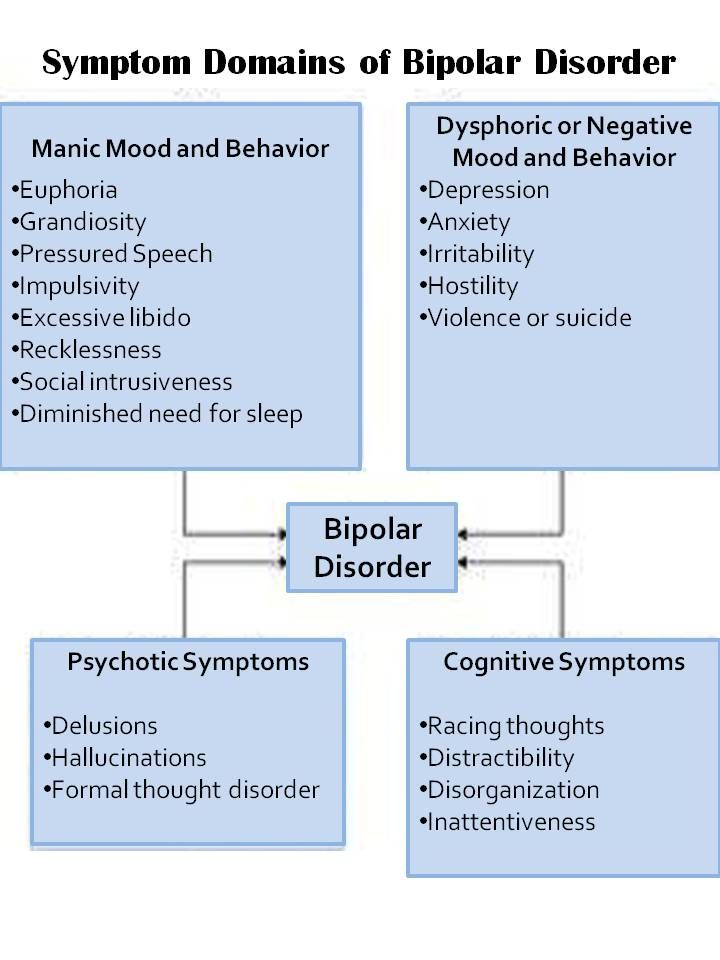How to deal with high expectations from parents
How to deal with pressure from your parents | Stress
Finding a balance between your parents/carers’ expectations of you and your own desires can feel like a constant battle. If they want you to take one path and you’re set on another, you might be feeling stuck between a rock and a hard place.
Read on for some practical tips on how to deal with high expectations from parents and carers.
Remember: you're good enough
First up, it’s important to remember that you're all good, just as you are. What you choose to do with your life is important, but it doesn’t define your value as a person. It can help to work out what your strengths are. Take this free test to find your top five character strengths.
If you're struggling with feeling good about yourself, it also helps to practise positive self-talk. Find out how to do this here.
Try to understand where your parents/carers are coming from
It’s not a big deal that you and your parents have different ideas and expectations. What matters is how you solve with the situation. Their expectations are usually coming from the right place, they just want you to succeed or be happy. It might just be that their idea of what that looks like is very different from yours. Or, it might be related to their expectations of themselves.
If you think the bar they are setting is way too high, try talking to them about how it makes you feel. It can help to acknowledge this (even just to yourself).
Work on your communication skills
Having real talk with your parents/carers about what you want for your life can really work wonders. Kick start this by saying something like, ‘I understand why you want me to be a doctor, but I don’t think this matches my strengths or interests.’
Some other tips for having this conversation include:
- Pick your moment, find a time when your parents/carers are free and chilled. Midweek can be a chaotic time, between work and school, everyone is a little fried.
 Tee up a quiet half hour on the weekend and tell your parents you’d like to have a talk.
Tee up a quiet half hour on the weekend and tell your parents you’d like to have a talk. - Explain that you’re worried you can’t meet their expectations.
- Tell them what you see for your future, even if the answer is “I don’t know.” Proving that you’re thinking about what’s next - even if you’re not sure - might make them feel more secure.
- Listen to what they have to say.
- If you feel you’re not getting anywhere, agree to disagree.
Check your own expectations
Make sure your own expectations of yourself aren’t too high. Having goals is great, but if you put heaps of pressure on yourself you’ll probably feel stressed. Check in with how you’re feeling and whether you’re being too hard on yourself. See how to set goals here and check in with how you’re going here.
What to do if it's really getting to you
Even if you follow all the tips above, your parents/carers might still be disappointed with the choices you make. If so, remember that there are probably other areas of your life that they’re stoked about.
If so, remember that there are probably other areas of your life that they’re stoked about.
Balancing your parents/carers’ expectations with your own can be tricky. If you’re really struggling, talk to another trusted adult or friend and get their take on it.
Dealing With Family Expectations in Adulthood: 5 Ways to Cope
There are many outside voices that have helped shape your experiences your whole life. Outside factors like peers, teachers, the media, and cultural norms all impact your internal experiences. But of all these factors, family expectations can be one of the biggest influences in your life.
Many of my clients struggle with anxiety about living up to their family’s expectations. It’s natural to care about what your family thinks of you. It makes sense that you want their approval. But it can be tricky balancing parents’ expectations of you with your own desires and values. Parents’ expectations can feel smothering, stifling, and intense. So what do family expectations look like in adulthood, and how can you deal with them in a healthy way? Let’s take a look.
What Parents’ Expectations Look Like
Parental expectations can be extremely frustrating to deal with. Not to mention, they can lead to mental health problems like anxiety, depression, and anger issues.
Here are some ways unhealthy parental expectations can show up in adulthood:
- There are specific standards for you to meet, such as becoming a doctor or marrying a certain type of person. These career or life choices are set for you ahead of time. They’re what your family has decided is best, and you’re expected to follow them. Your own dreams are dismissed or mocked.
- Your choices are questioned. Maybe your parents don’t approve of your relationship. They may not think this person is the right match for you. Or they may ask when you’re going to finally settle down, get married, and have kids. If your choices clash with theirs, they act like you’re doing something wrong.
- Your family criticizes or judges you regularly.
 For example, they may badger you about working harder at your job, saying you need to do more and get a promotion. You may be perfectly happy with where you are at your job and don’t want more responsibility. Or you might be actively fighting burnout and making choices that promote your health and happiness. But your family frames this as a failure of some kind.
For example, they may badger you about working harder at your job, saying you need to do more and get a promotion. You may be perfectly happy with where you are at your job and don’t want more responsibility. Or you might be actively fighting burnout and making choices that promote your health and happiness. But your family frames this as a failure of some kind.
- You don’t feel like you’re enough. You feel small and unseen within your family. Whatever choices you make don’t seem quite good enough. There’s always something they think you could be doing better or different.
- Unhealthy communication is the norm. Unhealthy communication can look like interrupting one another, not listening, arguing constantly, or making inappropriate comments.
Where Do Family Expectations Come From?
When your family has high or unrealistic expectations of you, it often stems from their own trauma or them wanting to live vicariously through you.
It’s possible they made mistakes that impacted their lives and don’t want you to repeat those mistakes. They might consider your life opportunities to be far greater than the opportunities they had and don’t want you to “waste” them. They could be afraid you’ll get hurt unless you follow their prescribed path. Or they may be concerned about their status and having the perfect-looking family to the outside world.
Whatever the case may be, the pressure for you to be or look or behave in certain ways is almost always about your family members. It is about their own fears, desires, and beliefs. It is rarely, if ever, about you.
It’s important to understand this, because many of my clients reasonably feel hurt by their parents’ actions and demands. It all feels very personal, of course. But the truth is, their behavior usually has nothing to do with you. And when you can separate your self worth from the actions of others, their behaviors start to carry much less weight. You don’t feel as anxious and stressed about pleasing them. And you can begin to decide for yourself what you want in life.
You don’t feel as anxious and stressed about pleasing them. And you can begin to decide for yourself what you want in life.
Dealing With Family Expectations: 5 Ways to Cope
Managing your family’s expectations can be challenging, especially after a lifetime of dealing with them. It can feel really shitty to try and work through these issues. It’s normal to feel angry, anxious, sad, or upset when you’re thinking about how to deal with parents’ expectations in adulthood.
Know that whatever you’re feeling is okay. It takes awareness, patience, and support to step out of the cycles you’ve been involved with for so long. To get you started, here are 5 ways to cope with family expectations.
- Develop awareness of your family dynamics
What are the patterns of behavior in your family? How do each of you typically respond to one another? What are your beliefs and reactions to responses from your family? Answers to questions like these might feel obvious, but family dynamics can be trickier than they seem. Becoming aware of your behavior within your family can give you important insight into what you want to prioritize in your life.
Becoming aware of your behavior within your family can give you important insight into what you want to prioritize in your life.
- Figure out your values and goals
If you grew up dealing with family expectations instead of being taught to listen to your own inner compass, you may not have a clear sense of your goals and values in life. Of course, even without heavy family expectations, it can be challenging to figure out what really matters to you. But understanding your motives is crucial in building self-confidence and a sustainable life. Plus, it’s easier to stand up to parents’ expectations when you have a solid foundation of your own.
- Remember that pleasing others isn’t your job
You’re your own human. You will inevitably do things that other people find disappointing. But you can’t please everybody – nor should you. Your family may try to project their own values and desires onto you, but doing what feels right for you in your life is your only job.
- Be direct
You will likely need to set and maintain firm boundaries with your family. Practice responding to questions or criticisms that may come up frequently. An example of this could be to say, "Stop telling me that I'll change my mind about having kids. I trust my decision about not wanting children." Practicing direct and clear communication with your family can send a message that you expect to be treated with respect and care.
- Decide how much you want to share with your family
If your family doesn’t respond well to your boundaries or your life choices, you may consider sharing less information with them. For instance, if they constantly belittle your partners, you can decide to stop telling them when you’re dating someone new. The decision to share less information with your family can be heartbreaking. But ultimately it can allow for more breathing room to explore your own needs without harsh input.
Therapy Can Help You Manage Difficult Family Expectations
If you want support figuring out how to deal with parents’ expectations, consider therapy. I can help you work through your challenges and set goals so you can step into the world feeling confident, capable, and empowered. You’ll learn to follow your own values, set healthy boundaries, and separate your self worth from others’ opinions.
I’m ready if you are. Reach out today to schedule a complimentary consultation.
Meet the author
Danielle Wayne
Danielle is an anxiety therapist. She specializes in helping busy millennials dial down their anxiety and ADHD, so they can perform at their best. Danielle has been featured on Apartment Therapy, SparkPeople, Lifewire, and Now Art World. When Danielle isn't helping her clients, she's playing video games or spending time with her partner and step children.
April 15, 2023
Normalizing Your Anxiety Is Making You Suffer.
 Here’s Why – And What to Do About It
Here’s Why – And What to Do About ItRead the post
April 8, 2023
Video Games and ADHD in Adults: The Good, the Bad, and the Ugly
Read the post
April 1, 2023
ADHD and Gambling: Why You Struggle, and What to Do About It
Read the post
5 strokes of perfectionism: what parents' high expectations lead to
There are parents and children who recognize only one grade - five, who despair if they got not 100 but 99 on the Unified State Examination, because then the exam was not passed perfectly. Our blogger Kirill Makeev tells how perfectionism is formed and why it is dangerous.
Idealism, synonymous with "perfectionism", is a dangerous thing. Of course, you won’t cut yourself on it, but psychologically you can hit hard. That's why so:
The first blow of perfectionism is a feeling of absolute own power
Psychologists write that even in preconscious childhood, each of us experiences a feeling of limitless possibilities.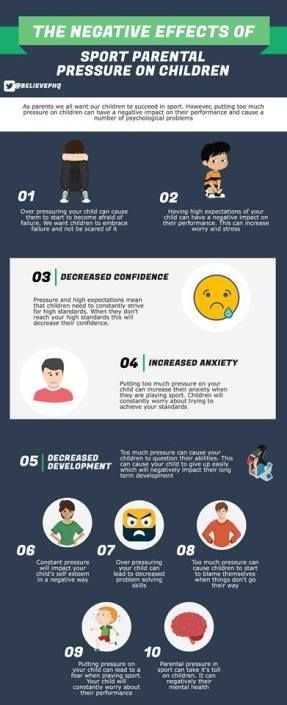 One has only to cry, as they magically feed you, shelter you, rock you, and so on. A little later, this feeling of omnipotence conflicts with the real state of affairs, in which nothing is given just like that. This is the first blow of perfectionism.
One has only to cry, as they magically feed you, shelter you, rock you, and so on. A little later, this feeling of omnipotence conflicts with the real state of affairs, in which nothing is given just like that. This is the first blow of perfectionism.
The second blow - inflated children's expectations
Because of our expectations of how the world should ideally work, reality hits us with our own perfectionism for the second time. It is impossible to ignore the real state of affairs, it is harmful to imagine an ideal husband, or boundless human kindness, or something else like that. Theory is a wonderful thing, beautiful, often very accurate, but practice is more important. It is more important to clearly understand what actually exists and what does not. Do you know a popular story in psychology about the impossibility of finding an ideal husband for a woman after a good relationship with her father in childhood? This story is an example of perfectionism.
The third blow - according to self-esteem
This left hook injures many people permanently or for a very long time and then does not allow them to win in life.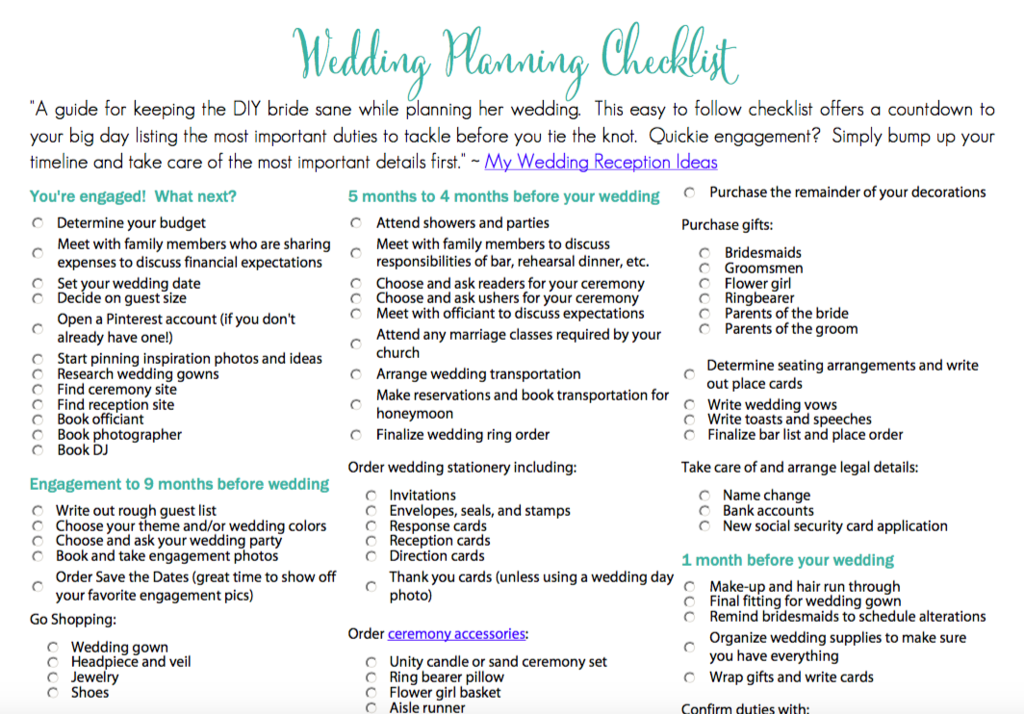 The desire to cope perfectly with any business and the inability to put up with the fact that this is impossible makes it difficult to feel capable of a variety of things. In my practice, such a problem has occurred in different children, but more often in smart and smart students, excellent students or medalists who, for example, cannot cross the threshold of tasks of the pre-Olympiad or Olympiad level. This is because they do not believe that they can even cope with tasks of a new level of complexity. In such a situation, purposeful work with your own head is required, I recommend it with a coach.
The desire to cope perfectly with any business and the inability to put up with the fact that this is impossible makes it difficult to feel capable of a variety of things. In my practice, such a problem has occurred in different children, but more often in smart and smart students, excellent students or medalists who, for example, cannot cross the threshold of tasks of the pre-Olympiad or Olympiad level. This is because they do not believe that they can even cope with tasks of a new level of complexity. In such a situation, purposeful work with your own head is required, I recommend it with a coach.
The fourth blow is a new level of any activity
This is some kind of painful grip, as if the infernal snares from Harry Potter do not allow to move. I mean the problem of reaching the next level of any activity, any sphere of life. If you are almost perfect at your current level of development in business/relationships/study, and at the next stage of development you will have to work with new problems that you are not yet able to solve as well, then there may be difficulties with the transition to the next stage. Procrastination can begin, an internal slight aversion to growth, forgetting about the existence of opportunities for development, because everything is going and working out so well! My father told me that everyone has their own ceiling. Probably, some people think this is helped by the feeling that they have enough of their level, at which everything is good (maybe even perfect). I completely disagree with either the words of my father or the described approach.
The fifth blow - to the very head
This is such a blow when you just lie down and go with the flow. For many, the desire to do something perfectly prevents them from making decisions and doing anything at all. After all, it is not clear how to do it perfectly, and most importantly, it is impossible! Subsequently, a person may begin to be afraid to make decisions, take responsibility, act. Fears can develop for any reason. A disgusting, in my opinion, outcome of striving for perfection.
Beware not only of fakes, but also of excessive perfectionism. It is not clear what could be more dangerous!
You are in the "Blogs" section. The opinion of the author may not coincide with the position of the editors.
Photo: Shutterstock (Andrii Yalanskyi)
What is high expectations syndrome and why does it prevent you from living a happy and fulfilling life?
June 22, 2022
06/22
6 minutes
6 minutes
32800
39
1
Updated: June 22, 2022
Updated 22.06
Each of us can remember our childhood - this is not only a carefree time, but also a period when parents and other adults had the greatest influence on us. It is in childhood that the perception of the world, the concept of “good / bad”, expectation and adequate self-esteem are laid.
Surely your parents demanded good grades, diligent behavior, achievement and success from you. When we achieved what we wanted, we were praised; when we failed to do something, we were scolded. This behavior is “standard” for everyone, but it is precisely this behavior that contributes to the emergence of the syndrome of perfectionism and bringing to the ideal. When our expectations do not correspond to reality, we feel disappointed that we could not, something was not enough, we are somehow not like that, belittle our dignity and “bite” ourselves. If you are familiar with this reaction, then you, too, have experienced the syndrome of high expectations.
In this article, we will look at why unjustified expectations appear and how to get rid of such an expectation syndrome on your own.
Article content
- High expectations. Where do they come from
- Causes
- How to identify inflated personal expectations
- How to stop demanding
- FAQ
- Expert opinion
Too high expectations.
From the point of view of psychology, the syndrome of high expectations is a deviation in the thinking and behavior of a person. Scientifically speaking, it is a cognitive disorder.
A person who has a problem of high expectations is not able to rejoice at any achieved results, does not feel satisfaction from the work done, makes too many unrealistic demands on himself and others. Because of this, he is frustrated, nervous, angry.
Causes
Among the reasons for the loss of a person from reality, the following can be distinguished:
- Upbringing. First of all, this includes the inflated expectations of the parents of the child. Every parent dreams that his child would be the most successful, rich, realized, talented, so when a child has such a “responsibility” to justify the hopes of his parents, he thinks that this is how it is necessary to “deserve” their love. In adulthood, the list of requirements for oneself only increases.
- Envy is a negative feeling, which, on the one hand, should help to find new ways to fulfill desires, and, on the other hand, on the contrary, makes a person neurotic, aggressive, obsessed with success.
- Incomplete family or dependence of one of the parents. When a child sees an example of a happy and complete family, he, growing up, tries with all his might to show the world and others that he is not a loser, but also a happy and successful person. Hence the effect of high expectations is born - I should have all the best and coolest.
Excessive expectations also arise because of the desire to control everyone and everywhere, unstable mentality, anxiety, obsession with a certain type of activity.
- Temperament - innate human characteristics that we can influence, but cannot change. So perfectionists will constantly bring any work to the ideal, while not knowing half measures, not stopping at what has already been achieved, bringing everyone around them to their ideals and standards.
- Infantilism. Infantile behavior also comes from childhood. Children from whom parents “blew off the dust” grow up with the conviction that everyone owes them everything. At the same time, in order to receive all the wealth of the world, they themselves do not need to do anything.
- Low self-esteem. People with low self-esteem definitely need to achieve certain benefits only by “gnawing them out”, spending an incredible amount of effort. For them, life is a struggle. That's the only way to get approval. The higher the self-esteem, the lower the expectations.
Example If a young man starts dating a girl whose main goal in life is a career, she will be fixated on improving her professional qualities, changing positions, career growth without regard to other areas of life, then she is unlikely to become a housewife. In such a pair, both partners will have high expectations: for a guy, if he needs a home girl, he will wait for her to start cooking borscht, and for a girl, she will be too critical of herself and her partner's requests. Sooner or later, quarrels and misunderstandings will begin.
We are not saying that now it is impossible to strive for career growth. No, here, as in any business, there must be a balance. It is obsession, neuroticism, perfectionism, the desire to possess all the best - not the best characteristics and personality traits.
How to identify inflated personal expectations
The problem of excessive demands can also arise in quite balanced and emotionally stable people. According to statistics, a person makes high demands on himself during moments of life crises - adolescence, middle age, loss of a loved one, after experiencing severe stress.
How does this syndrome manifest itself? You may notice the following symptoms in a person:
| No. p / p | How excessive demands are manifested at the physical level |
| 1. | Sleep and appetite disorders, eating disorders and addictions |
| 2. | Restlessness, anxiety, irritability, mood swings |
| 3. | Desire for total control |
| 4. | Fixation on only one area in life, for example, on relationships, but at the same time completely forgetting about hobbies, work, a child, etc. |
| 5. | Deterioration of physical health (rapid heartbeat, increased blood pressure) |
Psychologists share the social and emotional factor of high expectations. So emotional is everything that we “project” onto our loved ones, family, friends (child-parental expectations, requirements for a husband). Social requirements include requirements for people around, colleagues, partners (to work without sleep and rest in order to get a new position, obsession with work, willingness to work seven days a week, etc.).
The “effect” of any excessive demands is a feeling of exhaustion, constant fatigue, decreased concentration and attention, complexes, depression, anxiety, stress.
Sign up for an online consultation if you find yourself experiencing high expectations syndrome. Our psychologists will help you understand what stage of high expectations you are in, tell you how to raise your self-esteem, get rid of the negative manifestations of the syndrome and forget about anxiety.
How to stop demanding
Of course, working on yourself will require concentration and time from you. What has accumulated over the years cannot be removed in a couple of days. Don't expect instant results. Awareness of the problem is the first big step towards a normal life and reduction of anxiety.
Here is an approximate scheme of actions in order to reduce the requirements for yourself and others:
- Write down all your requirements on a piece of paper, analyze them, reduce them, check whether it is really impossible to achieve something without them, maybe you “hide” the fear of error, rejection, criticism behind high expectations?
- Allow yourself and others to make mistakes.
Accept the other person for who they are. You, like any other person, can make mistakes - this is normal.
- Reframe expectations to others into requests and justify expectations.
- Make time for things you love every day. Think about what brings you pleasure and joy.
- Realize that there are insurmountable factors - an emergency, illness, cataclysms, etc. You cannot influence them, so you do not need to worry about this.
- Learn to celebrate even small victories. Intermediate results are also your doing. You should not “grind” to the ideal, be proud of what you have achieved.
- Don't be afraid to ask for help. No one will judge you, you can show weakness in a difficult situation.
Important! To reduce stress levels, you need to understand why people behave the way they do and what worries them. The "harsh" truth is that we don't know what the other is thinking, we can only guess, and often these guesses turn out to be false.
FAQ
How do high expectations affect us?
+
Only in a negative way. Health problems, nervous disorders appear, relations with loved ones deteriorate, various somatic diseases develop.
Can the high expectations syndrome be imposed?
+
Yes maybe. It is the imposed "picture" from the media, glossy magazines about the success, wealth and prosperity of other people that "sows" in us doubts about our own inferiority, lowering our self-esteem. And someone decides that they deserve more, but not everyone can make efforts to achieve their goals.
How to get rid of the syndrome of high expectations?
+
First of all, you need to set adequate goals, correctly assess the time frame for achieving the goal and your own resources, strengths and weaknesses, and also take into account those factors that you cannot influence.
Expert opinion
High Expectations Syndrome is a very common phenomenon. Frustration, sadness and chagrin because others did not do as we would like, visit many people. Often, you can get rid of inflated expectations for other people only with the help of a qualified psychologist. If the situation is not changed, you can get serious health problems, up to depression.
We publish only verified information
Article author
Monakhova Albina Petrovna clinical psychologist
Experience 17 years
Consultations 1439
Articles 350
Specialist in clinical psychology. Help in finding tools for self-realization, working out beliefs, fears and anxieties. Work with self-attitude, internal boundaries, understanding of interaction with society through conscious personal changes.
- 2007 - 2008 Children's polyclinic No. 4 - teacher psychologist
- 2008 - 2009Healthy Country LLC - Clinical Psychologist
- 2009 - 2021 Republican Narcological Dispensary - psychologist
- 2012 - 2013 Occupational medicine - psychologist
- 2013 - 2015 LLC Vozrozhdenie - psychologist
- 2019 to present Teledoctor24 LLC - psychologist
Sources
- ... Edith Eva Eger Choice. On the freedom and inner strength of a person - MIF, 2017
- ... Olga Primachenko Gently to yourself.
A book about how to appreciate and take care of yourself - Bombora, 2020
- ... Jessami Hibberd Imposter Syndrome. How to Break Out of the Trap of Toxic Thinking - Byblos, 2019
Share:
Category: Psychology
About health Pregnancy and childbirth About children healthy lifestyle Psychology Neurology Gastroenterology Personal care Medicines and dietary supplementsPrevious article
Pathological lies
Next article
Psychological blocks
Other related articles
Pruzhinin Mark Yulievich
20.



